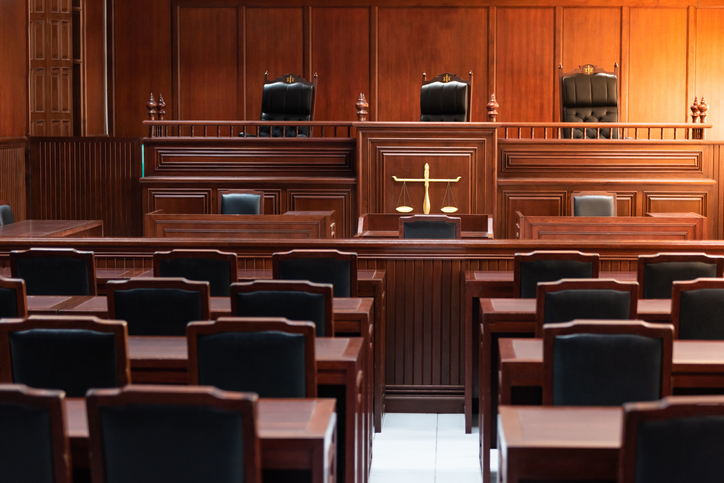Some probate proceedings are simple and require only a handful of hearings. The estate of a person who passes away and who has few surviving relatives, a clear estate plan, or few assets may only require a handful of hearings before the probate case is concluded. The estates of decedents who leave behind many heirs and beneficiaries or who have considerable assets may require numerous hearings over the course of many months. In either case, court hearings are essential to the probate process as they are the venues where the court receives and considers evidence and enters orders affecting interested parties.
Hearings Explained Generally
Hearings at which interested parties are able to plead their case and interests before a court are an essential component to assuring that no one is deprived of property to which they are entitled without due process. In other words, hearings in probate cases exist to ensure that individuals who may be impacted by a court’s decision are given an opportunity to voice their opinion and present evidence to the court before the court enters its orders. This applies in probate proceedings because the orders that a court enters and the actions that a court approves can affect the property that heirs and beneficiaries might receive.
What Happens When a Person Misses a Hearing
When a person is given notice of a hearing in a probate matter, but fails to either appear in person or respond in writing (if required), that person is said to be in “default” The court will first consider whether the person in default received notice of the hearing. If so, the court may enter orders as if the person in default had no objection to the court’s plan of action. This is called a “default judgment.”
For example, suppose that the executor of a decedent’s estate files a motion with the probate court, asking that the executor be permitted to sell the decedent’s primary residence. Suppose further that one of the decedent’s heirs believes the decedent had given them the decedent’s estate as a gift during the decedent’s lifetime. If that heir fails to appear at the hearing, the court may grant the executor’s motion and order that the decedent’s home be sold. In this case, the court will proceed as if the heir did not have any objection to the executor’s motion.
Undoing a Default Judgment in an Ohio Probate Case
Unfortunately, once a judgment has been entered by default, it can be difficult to undo. A court will generally undo a default judgment if there is some showing of excusable neglect on the part of the person who missed the hearing or some injustice caused by another party. For example, if you were in the hospital for three weeks and were not able to receive notice of a hearing or attend the hearing, the court may be willing to undo its order entered in your absence. Similarly, if the notice of hearing was intentionally or recklessly mailed to an old or incorrect address, a court may set aside its previously-entered order.
You must act quickly, though, in moving to set aside a default judgment. The longer you wait after learning of the default judgment, the more reluctant the court will be to reverse course. A court is especially likely to vacate a default order or judgment where another person has already taken action in reliance upon the court’s order.
Talk with a Columbus Probate Attorney Today
If you believe you have missed a hearing in a probate case where you are an heir or potential beneficiary of the decedent’s estate, you should take action right away. Dawes Legal, LLC can step in and may be able to help you undo any adverse judgments entered against your interests. Time is limited, so it is important to call (614) 733-9999 and speak with Dawes Legal, LLC as soon as possible.

